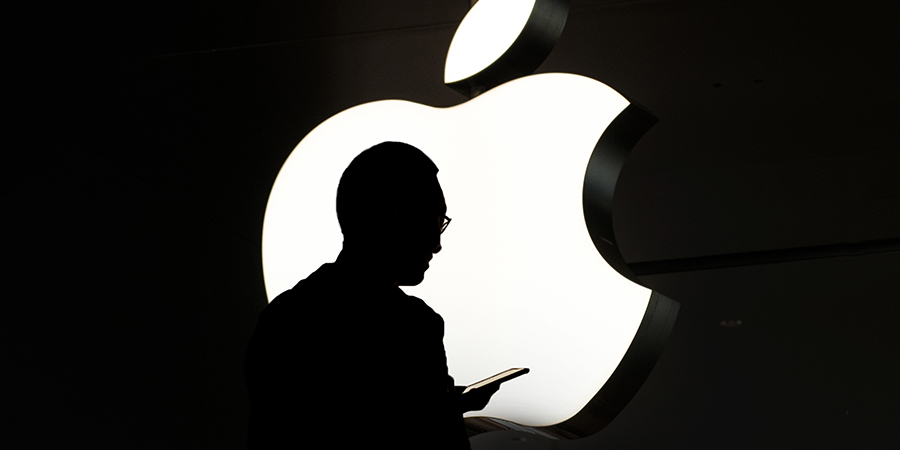Delve into this article as we unravel the intricate details of the allegations against a former Apple engineer accused of pilfering self-driving car technology.
We take a deep dive into the murky waters of corporate espionage, looking at the reasons behind the accusations and the potential implications for the tech world.
Key Takeaways:
- Weibao Wang, a former Apple engineer, is accused of stealing thousands of files containing proprietary information for self-driving cars.
- This is the third such case involving an ex-Apple employee allegedly pilfering autonomous technology secrets for China.
- Wang joined Apple in 2016 and worked on the team developing autonomous systems.
- Despite signing a confidentiality agreement, Wang allegedly accepted an offer to work for a Chinese company developing self-driving cars without Apple’s knowledge.
- If extradited and convicted, Wang could face 10 years in prison for each of the six charges.
The Accusations: Weibao Wang and the Stolen Secrets
A cloud of suspicion hangs over Weibao Wang, a former star engineer at Apple.
The 35-year-old is facing serious charges, accused of pilfering a treasure trove of Apple’s proprietary data related to self-driving car technology.
The indictment points to thousands of files, brimming with confidential information, allegedly stolen by Wang.
The scale and audacity of the theft are staggering, and the case has sent shockwaves through Silicon Valley.
Third Time Unlucky: Previous Incidents of Tech Theft at Apple
Regrettably, this isn’t the first time Apple has found itself embroiled in such a controversy.
Wang’s case is the third instance where an ex-employee of the tech giant has been implicated in pilfering trade secrets.
Notably, two other former Apple engineers, Xiaolang Zhang and Jizhong Chen, have faced similar charges in the past.
Zhang was arrested in 2018, and he confessed to his crime last year. Chen’s case is still progressing through the legal system.
Both men, like Wang, were allegedly attempting to abscond to China.
Apple’s Covert Project: The Autonomous Systems Team
Wang was a key member of a clandestine project within Apple.
The group, known as the Autonomous Systems Team, was a hush-hush initiative, with information on the project limited to a select few within the company.
Wang joined the team in March 2016, and his role gave him access to a host of confidential data.
The signed confidentiality agreement was supposed to be a safeguard, ensuring that the secrets of the project remained within the company walls.
Unfortunately, it seems this wasn’t the case.
Double Agent? Wang’s Alleged Clandestine Deal with a Chinese Company
While still under Apple’s employ, Wang allegedly made a secret pact with an unnamed Chinese firm.
The indictment reveals that he accepted an offer from this company, which also specializes in self-driving car technology, four months before he officially left Apple.
Unbeknownst to Apple, Wang was seemingly playing a double game.
This situation raises alarming questions about corporate espionage and the safeguards in place to prevent such incidents.
The Legal Stakes: Possible Penalties for Wang
Wang is currently in China, and he faces an uphill battle.
If extradited and found guilty, he could spend up to a decade in prison for each of the six charges leveled against him.
The enormity of the potential penalties underlines the seriousness of the charges.
However, the legal process could be long and fraught with complications.
The international nature of the case adds an extra layer of complexity, and it remains to be seen how the U.S. justice system will navigate these issues.
Conclusion
As the story of Weibao Wang unfolds, it paints a vivid picture of the delicate balance between technological advancements and corporate confidentiality.
The episode not only highlights the potential vulnerabilities within large tech companies like Apple but also underscores the importance of safeguarding trade secrets in an increasingly interconnected and competitive world.
Whether or not Wang will face the music for his actions remains to be seen.
However, the case serves as a stark reminder of the lengths to which individuals and corporations may go to gain an edge in the high-stakes world of autonomous technology.
 Sections of this topic
Sections of this topic
















